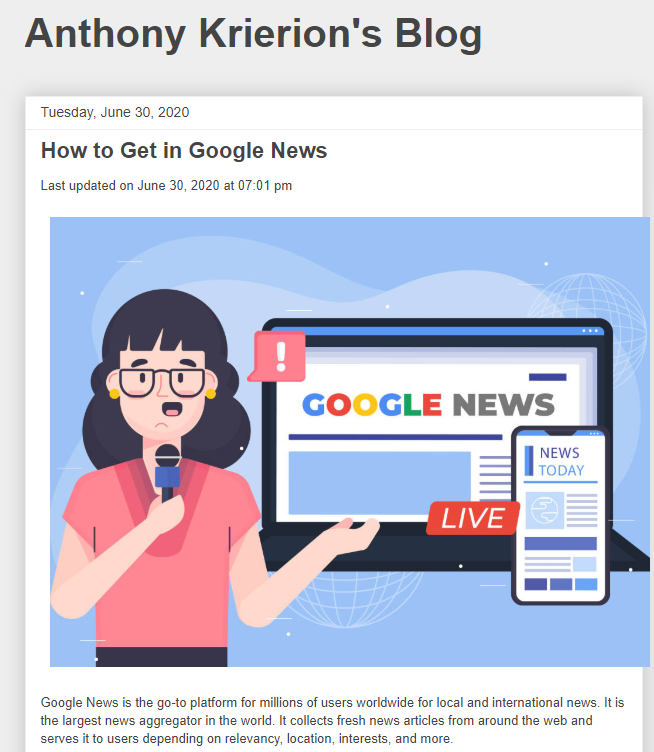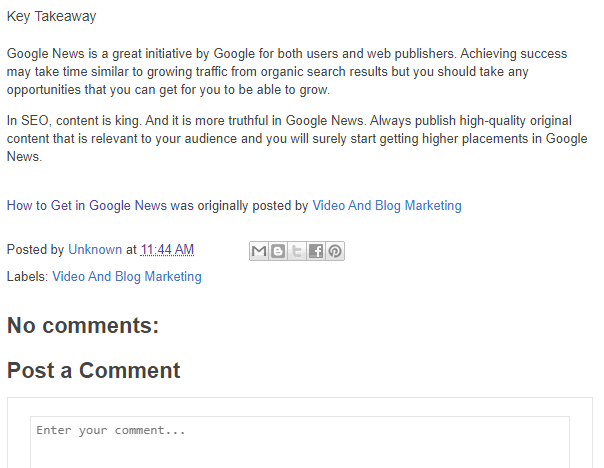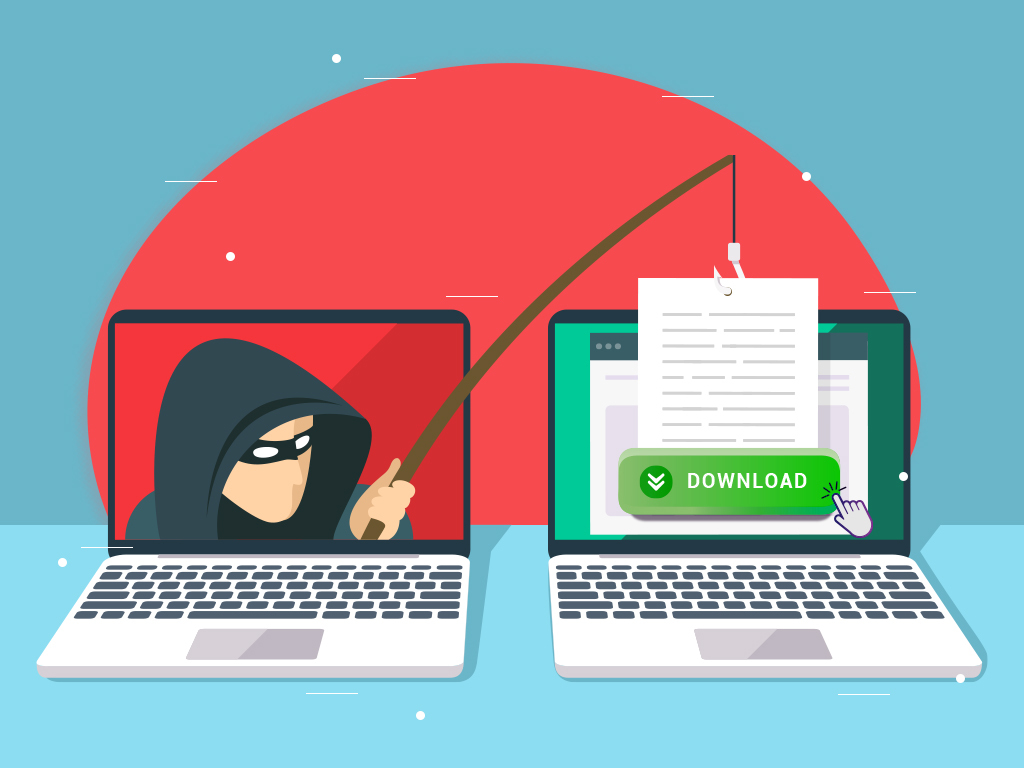Content Scraping and SEO: Is Your Website at Risk?
Have you seen a website that posted the exact same article, from top to bottom, of a recent article you published? It can be infuriating knowing that other people are trying to benefit from the content that you worked hard on without your permission at all.
If you own a high-quality website that is getting a good amount of traffic, then you are most likely a victim of content scrapers. Content scraping is the illegal process of copying content from high-quality sources and publishes them as their own.
Content scraping is not something new and this is not uncommon either. In fact, I discover websites scraping from SEO Hacker from time to time. Check out this website that completely copied the guide I published a few weeks ago about Google News.

And if you scroll to the bottom of the webpage, you’ll see a line indicating the article was “originally” by Video and Marketing blog.

In this article, I will discuss if content scrapers have an effect on your SEO and what should you do about them.
How does Content Scraping Work?
The way people scrape content out of other websites varies. They can do it manually or they use software that automatically crawls websites for new content and creates a copy of it. If you come across a software that does this, I highly recommend staying away from it.
The goal of content scrapers varies as well. Some who scrape content may just want to increase the number of pages of their website. They would usually link back to your website and give you credit for publishing it and in some cases, they would use a canonical tag pointing to the same page on your website.
Other content scrapers would blatantly rip off your content. Similar to the example I showed earlier, they would take the credit for writing the article and confuse users. They would usually do it to get more ad revenue for their website.
Can Content Scrapers Hurt your Website?
Scraped content is black hat SEO and it is strictly against Google’s guidelines. Not only does it constitute copyright infringement in some cases but it is also duplicate content. If you are using scraped content on your website, then you are most likely going to be penalized or if not, is penalized already.
Google does a great job of weeding out these websites. Most websites that rely on scraped content does not rank at all and does not receive any traffic.
The good news is if people are scraping content from your website, you shouldn’t be worried at all. Google always rewards websites that publish original high-quality content. So in cases where people copy your content, you can be sure that Google is going to ignore those and give the rewards to you.
Google’s algorithm is able to identify who is the original publisher of an article even though it is unlinked or there is no mention of the original publisher in the copied article. That is why you shouldn’t worry that Google will penalize your website if many websites are scraping your content.
Should you Disavow Links from Content Scrapers?
As I’ve mentioned, some content scrapers would link to your website. Usually, they link to the website of origin just to avoid being penalized by Google. I’ve seen people ask around if they should disavow links from these websites since most, if not all, of them, are low-quality websites.
In my opinion, disavowing links from these websites is not necessary because sometimes, it can help your website, even just for a little. You may consider disavowing links from content scrapers if there are red flags like bad anchor texts, extremely poor website quality, adult content, etc. I highly recommend reading this disavow guide I wrote to properly judge if you should disavow a link or not.
Key Takeaway
As long as you publish original content on your website, you could sleep better at night knowing that your website is not going to be affected by those that copy you. Think of Google as your personal guardian. They will protect you from these content scrapers.
Always avoid copying content from other websites, whether it’s one article, a paragraph, or a sentence illegally through content scraping. You can always cite other websites as part of an original article you are writing. And remember to properly cite them by linking to them and giving them credits.
